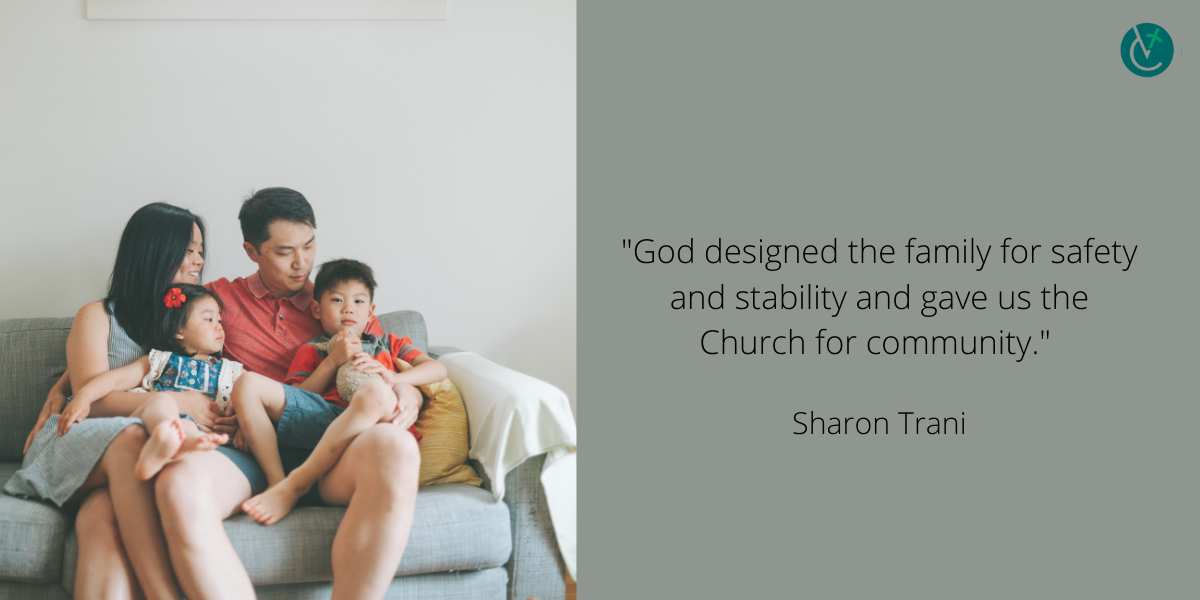
A comprehensive framework for human happiness
I am a convert to Catholicism. Since entering the Church, I often have felt angry and appalled at how poorly educated many Catholics are. The Church holds deep treasures of wisdom, with beautiful explanations and blueprints of how to live one’s life to the fullest, yet many Catholics have no clue what the Church teaches or why it teaches what it does. They don’t seem to know the incredible love relationship they are called to.
More than 50 percent of Catholics don’t even know the incredible intimacy inherent in the Eucharist. What fuels my anger is that into this vacuum comes the cultural and societal litany of lies, ridiculing religion and diminishing the human person.
In my work as a therapist, I see the chaos and destruction that have ensued because of this weakening of faith and loss of moorings. A sense of purposelessness, depression, confusion, distorted and misused sexuality often follow, and perhaps the most difficult to see are the broken homes with bewildered and suffering children.
I am not suggesting that all depression or divorce is due to ignorance of one’s faith. I know many well-informed, faithful Catholics who struggle with depression or whose marriages have unraveled from circumstances outside their control. But I know just as many who through ignorance, or defiance, have made choices that darken their lives and souls and often the lives of their children.
I recently heard someone again lament that the Catholic Church leaves the impression that one’s education in the faith ends at confirmation. It would be incredibly helpful if each parish and Diocese had the expectation of lifelong continuing education with a curriculum of Bible study, parenting classes, marriage enrichment, discipleship, stewardship and money management, all within an unapologetic Christian framework. We can talk at length about why that seems absent, but I would like to suggest that for the sake of our souls and those of our children, individuals and families need to assume the responsibility of growing as Christians, of educating ourselves regarding our faith.
Those waiting to dive in will find a plethora of courses, books, online articles and information on subjects from gender issues to prayer life, from budgeting to communication, from knowing God to knowing one’s children.
I recently asked a client if he spends as much time educating and inspiring his children on faith matters as he does on sports and academics. Our culture has made secular education and sports our gods. I have nothing against a quality education; I emphasize the value of physical activity. But neither will develop a happy home life or inner peace like a strong knowledge of who we are called to be as followers of Christ.
As a therapist and a Christian, I know the desperate yearning we all have to be loved — unconditionally, totally — and to live in family and community. God designed the family for safety and stability and gave us the Church for community. It is the most comprehensive framework for human happiness, and it has stood the test of time.
Let’s commit to knowing and growing it.
—Sharon Trani, a nurse practitioner, is a marriage and family therapist with Vermont Catholic Charities Inc.
—Originally published in the Fall 2022 issue of Vermont Catholic magazine.

